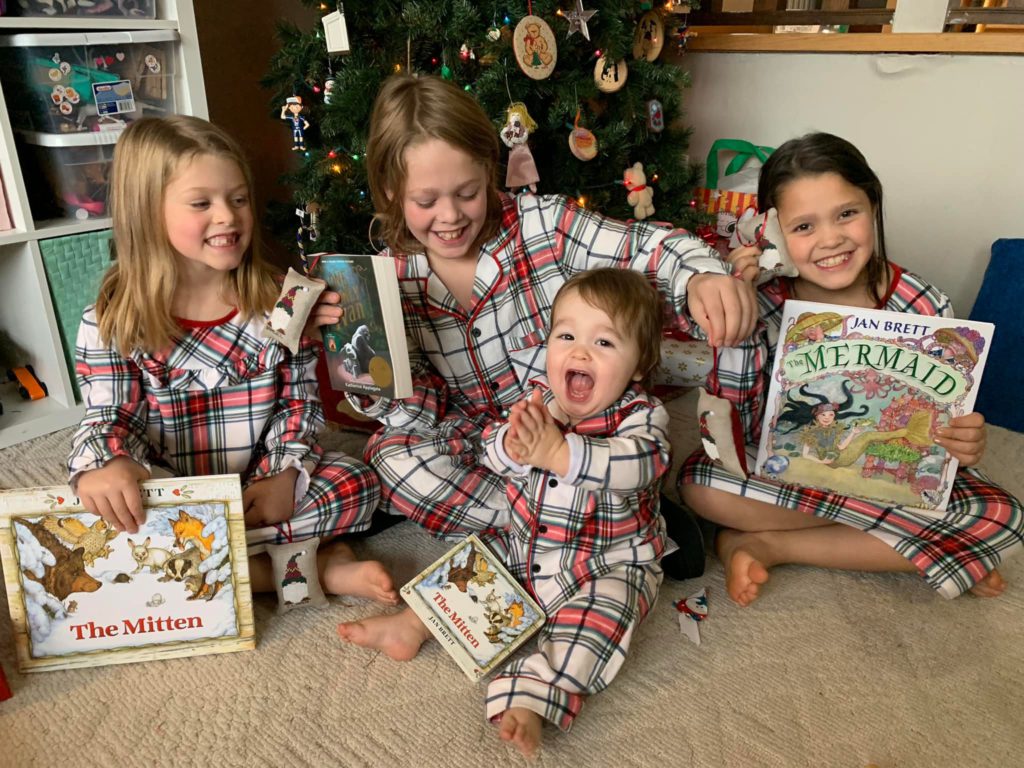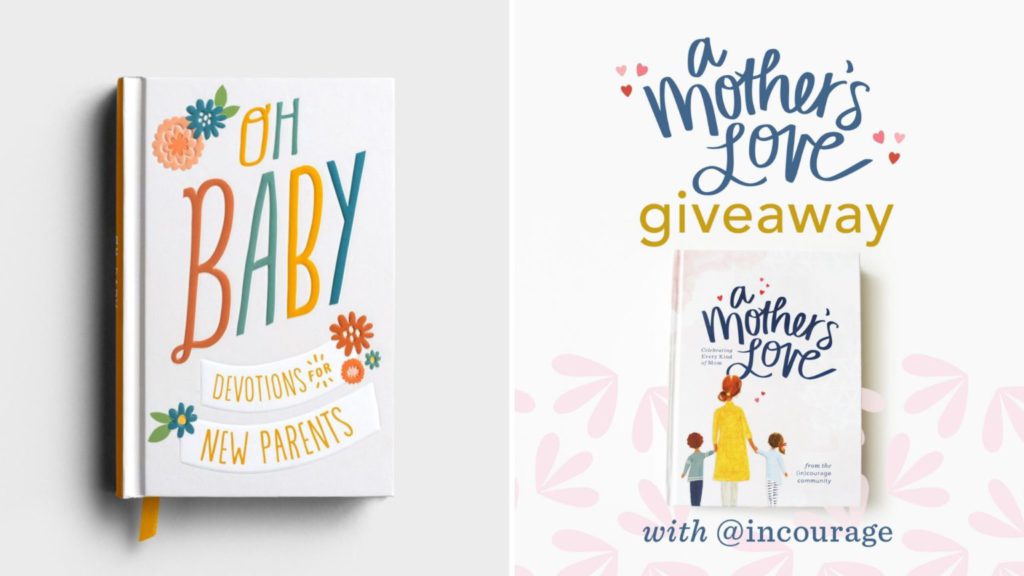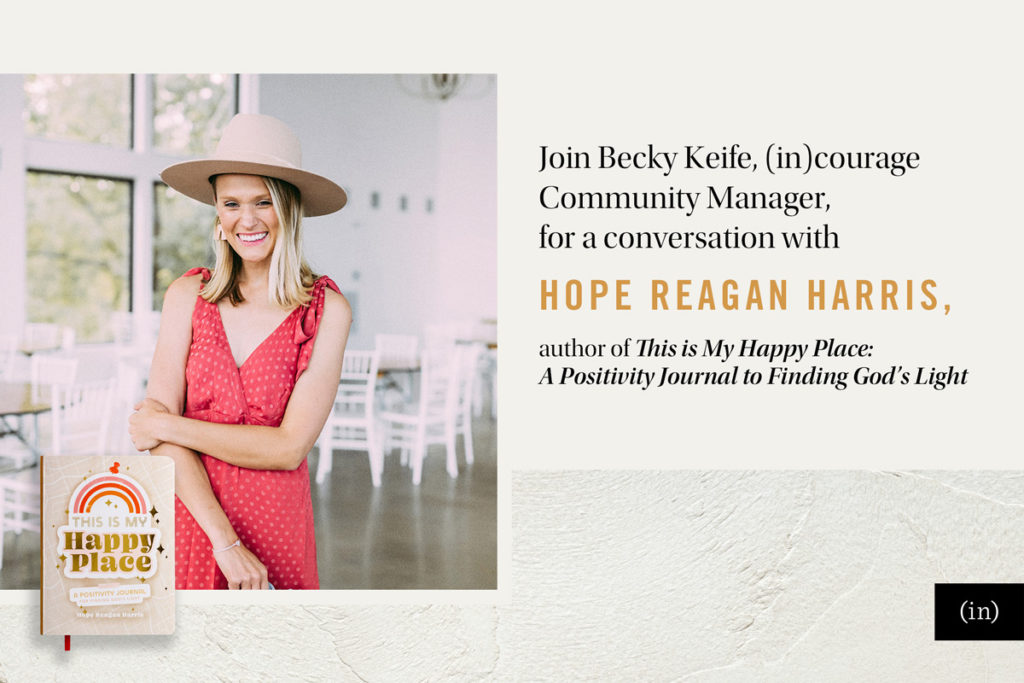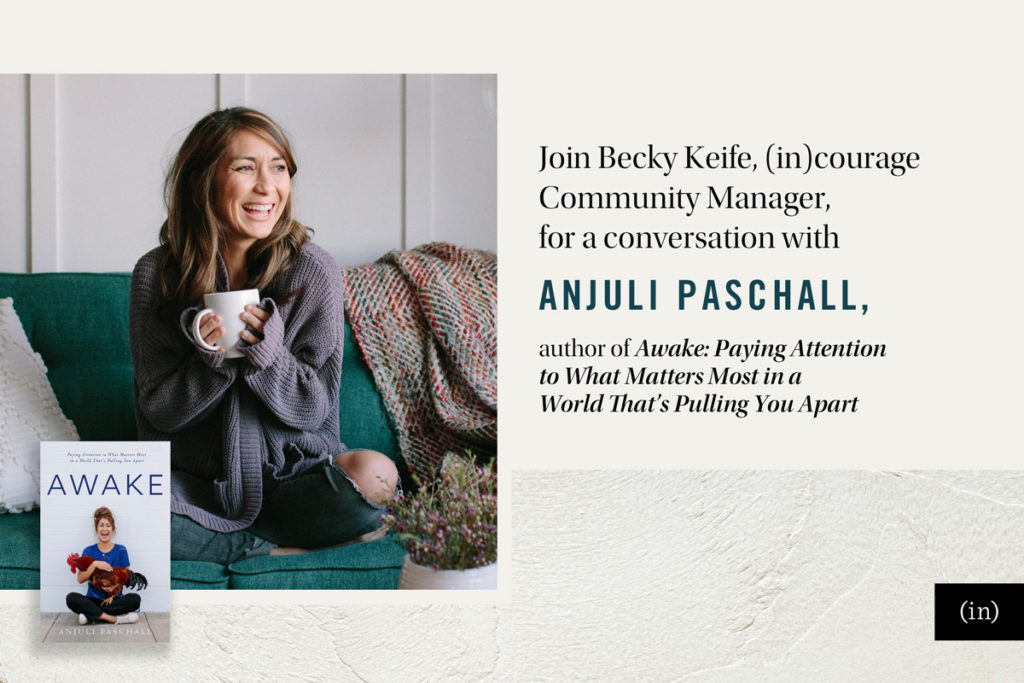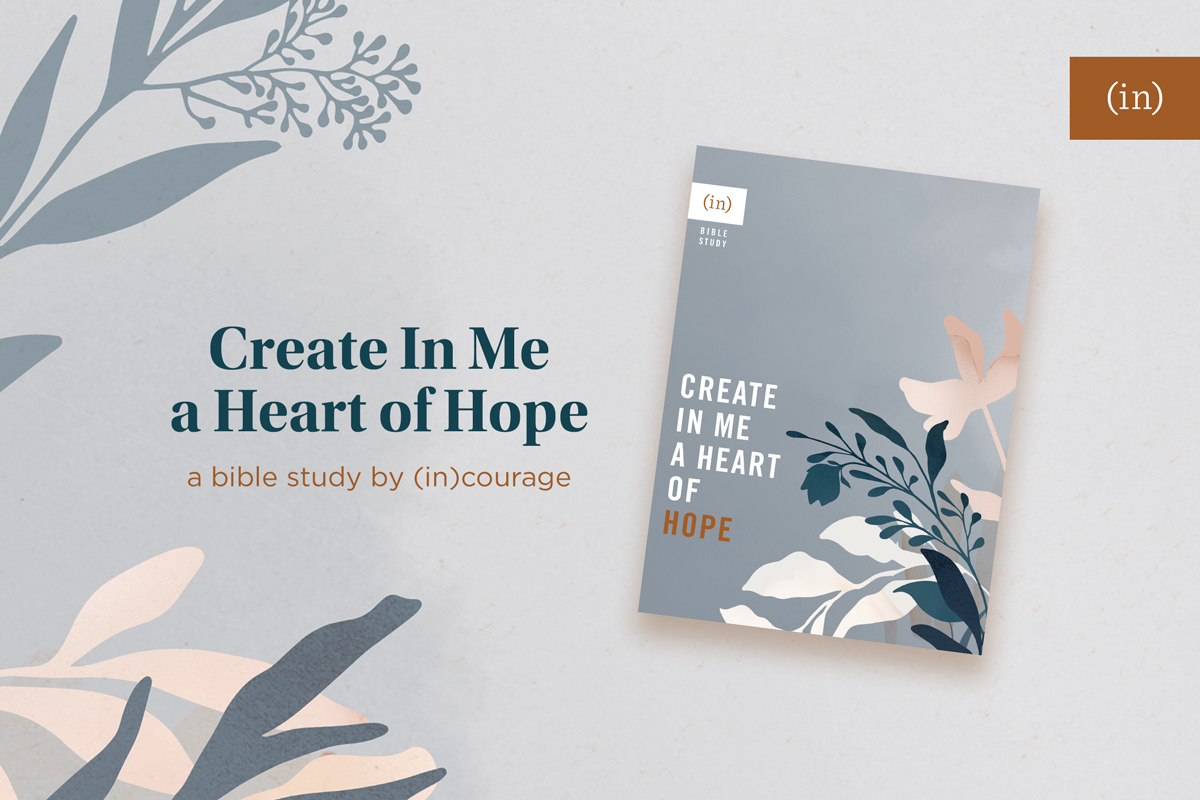For the LORD will comfort Zion,
He will comfort all her waste places;
He will make her wilderness like Eden,
And her desert like the garden of the LORD;
Joy and gladness will be found in it,
Thanksgiving and the voice of melody.
Isaiah 51:3 (NKJV)
My eyes squinted into the noonday sun as I hovered my phone camera over a branch of the cherry tree. Each spring, I look forward to the white, velvety blooms from this tree to usher in fresh beginnings.
Out of the corner of my eye, something big and red jarred my peripheral vision. I glanced to my right and within ten feet of the cherry tree sat an enormous, red dumpster.
We were in the process of replacing twenty-year-old carpets, well-loved and worn by children, pets, and occasional house guests. This red eyesore sat on our front lawn as carpet and other flooring were stripped from our house.
Stepping back to take a full-length picture of my beautiful cherry tree, I carefully adjusted my camera, ensuring I didn’t capture any part of the unsightly dumpster for my like-worthy social media picture.
In that moment, the reality of my life hit me. I have been navigating the effects of an autoimmune disease. Chronic illness can be a lonely journey as most people don’t really understand the myriad of symptoms — joint pain, brain fog, extreme fatigue, and other issues. Sure, they’re sympathetic when they first learn about it, but understandably, they just don’t want to keep hearing about your ongoing ailments. So, on social media, I’ve avoided posting anything about my illness. Only pretty pictures and quotes live in my online life.
Behind closed doors, however, it’s tempting to despair when our circumstances don’t change and heart-felt prayers seem to bounce off the ceiling. I certainly did my share of lamenting as I grieved over the loss of my former healthy life.
Isaiah 51:3 reminds us that God will comfort us in our grief — in our waste places. Waste places can feel like dumpsters, holding all the pain we don’t want the world to see. Maybe you’re grieving multiple miscarriages, a loveless marriage, or other broken relationships. Maybe you’re longing for a prodigal child to come home or to hear your loved one’s voice just one more time.
Friends, God promises to comfort us in our waste places and make them like “the garden of the Lord,” where joy and gladness will be found. Sometimes, the Lord plants a garden next to our waste places — like a cherry tree next to a dumpster. Our circumstances may not change, but the Lord’s presence becomes the beauty in our wasteland.
Pain and purpose can co-exist. In the midst of brokenness, there can be beauty. In the midst of misery, there can be majesty. Because the Lord is near.
Our lives can be an anthem to our great God who carries us and plants our feet in the soil of His Word. He is writing a beautiful melody even in the middle of our wasteland because His goodness is with us. There, even in our waste places, we will sing with joy and thanksgiving to the One who created us for we “will be called righteous trees, planted by the LORD to glorify Him” (Isaiah 61:3 HCSB).
As I stepped back, I lifted up my camera and with gratitude, snapped a picture of my cherry tree with the red dumpster — the perfect juxtaposition of beauty and brokenness.
Father, my life is not what I imagined it to be. In my deepest struggles, help me to see Your fingerprints all over my life. Help me to see the splendor that You have planted in my sorrow. You are my strength, my hope, and my comfort. And I will sing my life song to You alone. In Jesus’ name, amen.


